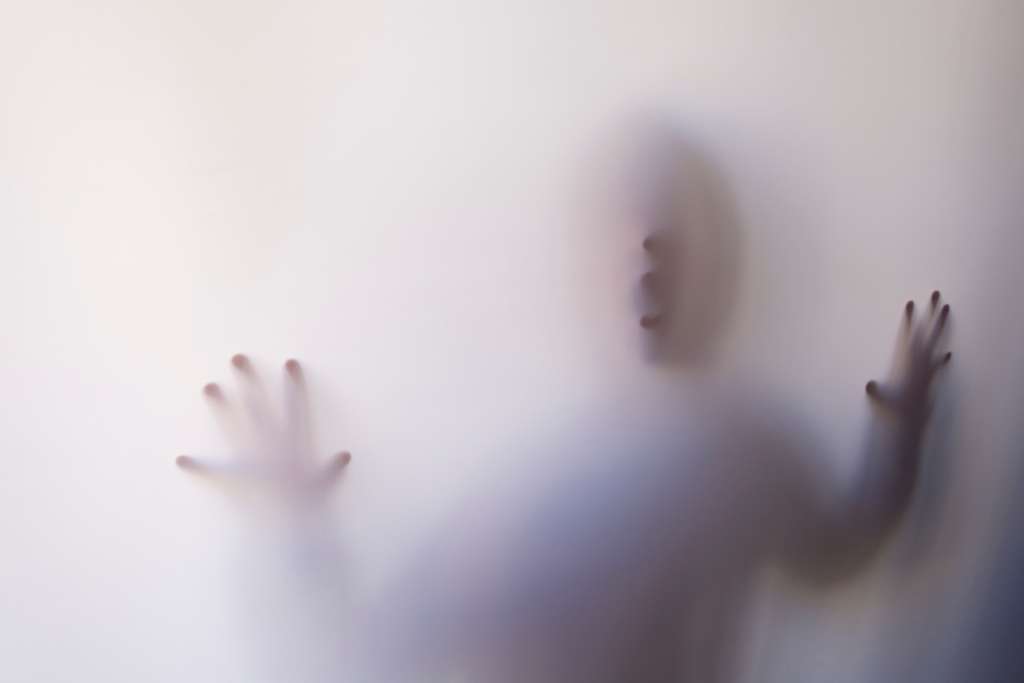I want to analyze the role of anonymity in one’s humanity. The digital world has made it extremely easy to go undercover, to a certain extent. It is well-known that the people behind the words online would probably act differently in real life, probably be less aggressive, less articulate. The fear of losing an argument face-to-face motivates many to take their issues online, where they can think about a good answer and get the courage to click send. It has been the case for a few decades that cyber-bullying has become a thing, catfishing suddenly exists and national securities around the world have hackers working for them. Simply, the world has evolved faster than us.

Our humanity is what keeps us sane. It makes us be able to establish relationships with other humans, other creatures. When we lose that, we explore a dark part of the brain, unknown even to us. Cruelty, morbidity and curiosity all play a part when we stop being ourselves. In the movie The Stanford Prison Experiment, it is clear how the phenomena of putting a mask on changes people. The movie is about a role-playing game, in which some “players” are guards and some are prisoners in a fake prison. As the movie progresses, the “players” become more and more violent, to the extent of breaking their humanity. The mental changes these people go through are incredible, specially when considering nothing has changed: nothing but the role they play.
This being said, somehow, we are all playing a role all the time: either a student, a teacher, a parent, a winner, a loser, an expert, an artist… archetypes that fall down with the concept of anonymity and are strengthened with social media. Different aesthetics remind us constantly of what we are supposed to live like, and in the opposite side of the spectrum, we are allowed to do and say everything that is not supposed to be, everything prohibited. If everything was completely transparent, would we be as disgusting, cold-blooded, hateful? When we click on incognito mode, do we feel like a different persona?
Social media and digital platforms are all about putting on a mask. Just as in The Stanford Prison Experiment, the roles we play become stronger than our true selves… but where does that line become blurry? In anonymity. When the roles fall down, what lies in deep inside us? When no one can see, what do we do?
This is a strange and complex matter. Exploring the things we are too ashamed or scared to reveal is difficult because it deals with a morality I am not even sure exists. As this reflection ends, I wonder if true humanity is heart-warming or despicable. Anonymity lets us search and investigate the hidden behind our masks, our true faces. Interesting enough though, I wonder which is stronger? The persona or the real? Anonymity online lets us be anybody because, despite the existence of the Netiquette, the rules of the digital world are very easy to break. Without clear rules, it is easy to do whatever we please. The question is: under which name?



Anonymity online allows people act however they want due to facing little-to-no repercussions in reality (for the most part). From my experience, the people that during a fit of rage online tell others to kill themselves are often the same people that act completely polite and kind and ‘normal’ in reality. Perhaps they feel the need to relieve their pent up anger and stress onto strangers on the internet while knowing that they can start with a clean slate once they log off. Maybe the way we act online isn’t completely separate from our ‘true’ self since the online persona has to stem from our own personality…